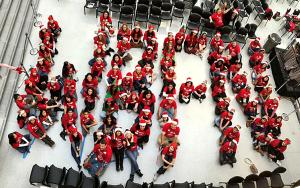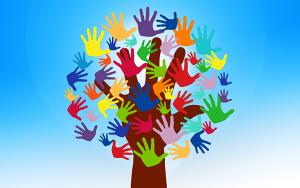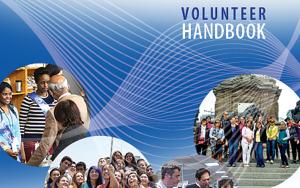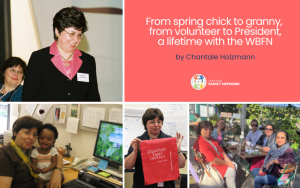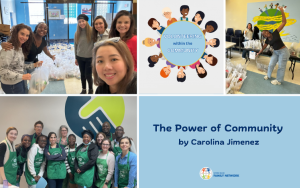
An Interview with Yvonne Quahe, Career and Program Advisor for the WBFN
What changes do you see in WBG spouses’ approach to their careers?
Formerly, spouses would often accept that their career was on hold when the family moved to a new location. They often sought work unrelated to their profession, but which could be maintained over multiple moves. This is the older model where the staff member was the main breadwinner, and the spouse trailed and did what she (and sometimes he) could do in the circumstances. They might turn what was a hobby into a small business, like photography. Or they might teach a language or something else they had always loved, or do freelance writing. These jobs were mobile, flexible, and under their control, which was the point.
Now, more and more, I’m seeing spouses who don’t want to lose any continuity in their careers, which can make them reluctant to move in the first place. There is also the expectation that their turn will come. Couples are beginning to alternate which career takes priority, or finding situations where both careers have equal opportunity, such as a specific country office location.
Another challenge is practical. With all the paperwork requirements, we are talking a minimum of six months, and usually longer, to be in a position to look for a job. And G-4 restrictions change. Now, for example, if you’re in DC, you cannot take a job outside the area. Work permit regulations have become more restrictive.
What changes have you seen among the male participants?
I am really pleased to see that men are now making up one third to a half of the Career Lab participants, because, among other things, they need each other for support. For men to be out of work is a particular social stress, because cultural stereotypes are slow to change. The men I see handle it well for the most part, but the stress is still there. In the current Career Lab, they are meeting outside our sessions to talk about their job searches, pass on contacts and information, and hold each other accountable for some of the difficult tasks like networking. Before, if we only had one or two men, this kind of mutual support would be difficult to generate, but with a larger number, it’s possible, and vital for their morale.
One thing I see equally between men and women is that they are uncomfortable with the loss of financial independence after relocation. They have worked all their lives, and then suddenly they have to ask someone else for money.
You used to run Jump Start, an earlier version of the Career Lab. What has evolved since Jump Start?
Jump Start was orientated to practical issues. You are here in DC, so what can you do about it? What skills do you need for interviewing and writing your CV? The Career Lab adopts a broader approach. It focuses on building career experiences and skills to ensure your employability over time and across locations. It has a foundational part and then two distinct paths to take. One path is for those who can continue their profession as is, and the other is for those who cannot, usually for reasons of recertification (anyone in health care, and lawyers, for example), but also if there are childcare needs or a language barrier.
Another difference is the emphasis placed on facilitated introspection in the Career Lab. It’s incredibly hard to leave the things that were a very strong part of your identity and find yourself in a strange land, with a strange language and expectations of behaviors, and no job. In the Career Lab we take a look at our identities and how to rebuild them in a new place. It boils down to the story you tell yourself about yourself. For example, what defines you, and how flexible is it? (We don’t get into personal details during the sessions.) It’s an exercise in introspection that can be really pivotal to spouses who are confronted with setting up a new life and a new work identity.
We also touch on what kind of support the spouse will need from his or her partner if they want to pursue their career goals. And I don’t mean just moral support, but practical too. How much is the staff member willing to sacrifice for the spouse’s career? A true dual career marriage is a team effort and requires a team vision. If there are kids, you cannot do this alone.
How is the workplace changing, and how does that affect professional development?
The workplace environment is evolving, it seems faster and faster, probably due to technology innovations, but also globalism, and social changes. It used to be that your career moved consistently and predictably from the beginning right through to retirement. Now jobs can become obsolete, and skills out of date. Change and uncertainty are present in any career field now. In a sense, relocation has become just one more challenge to a career, rather than the only challenge. Even if the participants in the Career Lab had elected to stay in their home countries, they might still be facing emerging workplace challenges. You need skills, both technical and soft, that are flexible enough to respond to these changes. That is something that is at the core of what we do in the Career Lab. Having a growth mindset is critical for the future.

